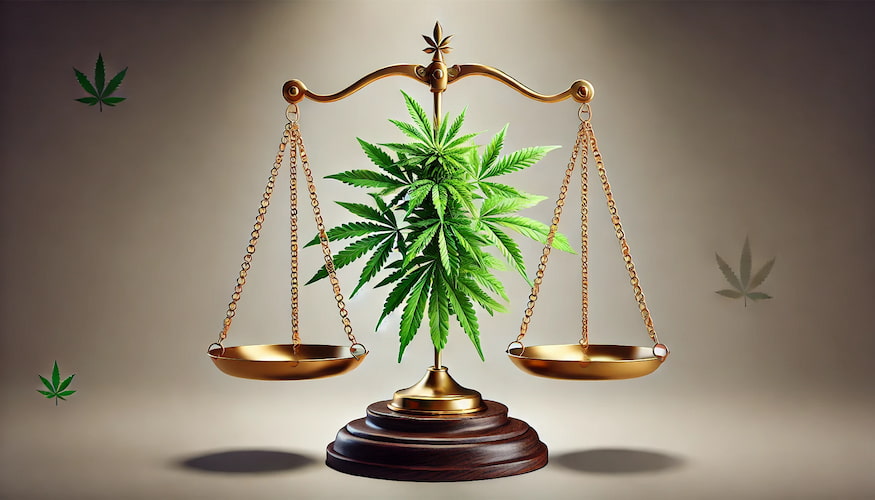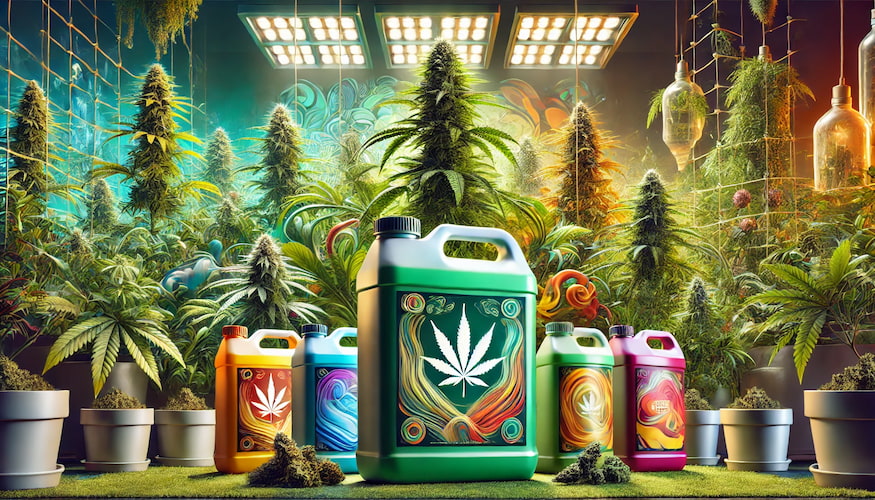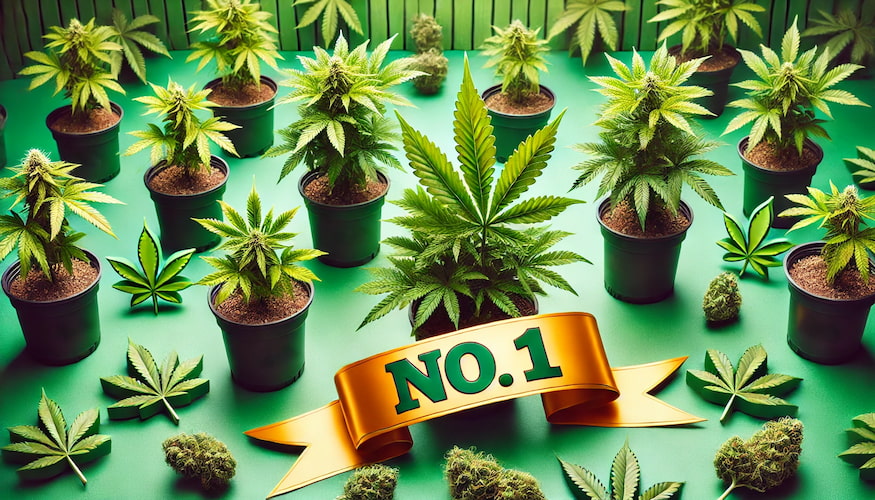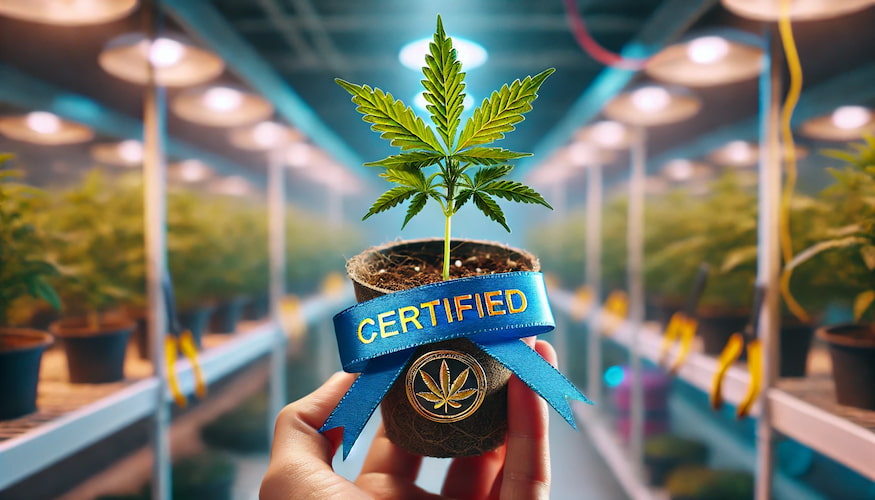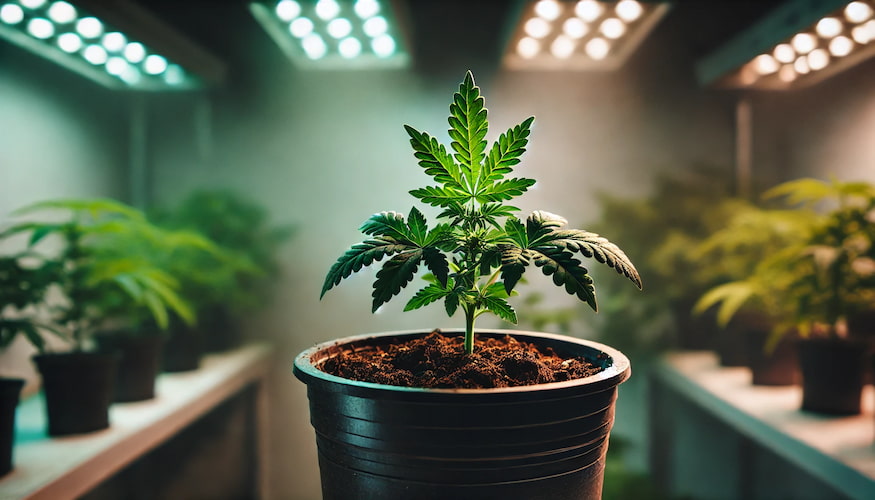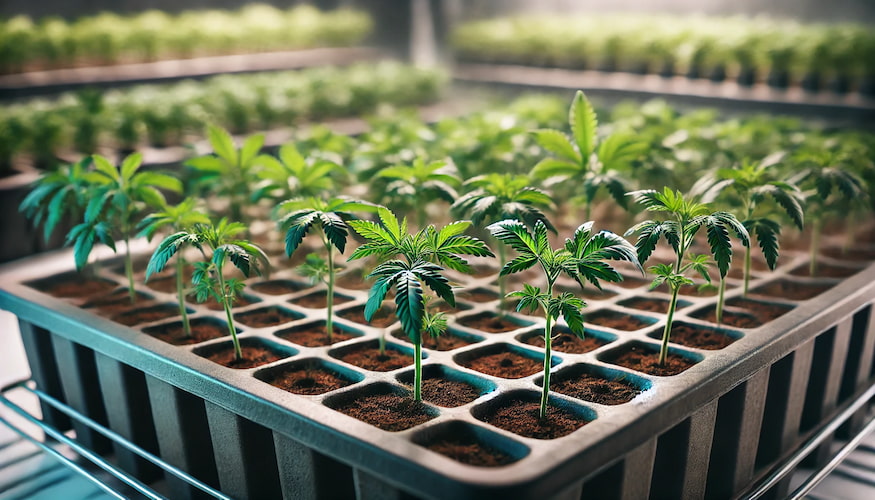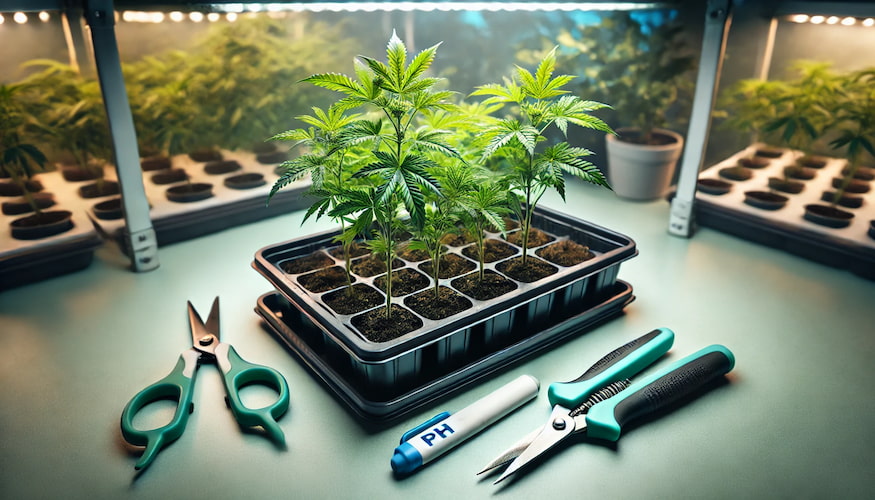Introduction: Navigating the Patchwork of State Regulations
As the founder of IWantClones.com, I’ve seen firsthand how state laws can significantly impact cannabis clone cultivation. This guide aims to provide a comprehensive overview of how different states approach the legality of cannabis clones.
The Importance of State Laws
While federal law still classifies cannabis as illegal, state laws have become the primary determinant of cannabis clone legality. Understanding your state’s specific regulations is crucial for:
- Maintaining legal compliance
- Protecting your grow operation
- Avoiding potential legal consequences
Categories of State Laws
We can broadly categorize states into four groups:
- Fully Legal States
- Medical-Only States
- CBD/Low-THC Only States
- Fully Prohibited States
Let’s break down each category and look at some examples.
Fully Legal States
These states have legalized cannabis for both medical and recreational use. Examples include:
California
- Adults 21+ can grow up to 6 plants for personal use
- No limit on medical patients, but local jurisdictions may impose limits
- Commercial growers require state licensing
Colorado
- Adults 21+ can grow up to 6 plants, with no more than 3 mature at a time
- Medical patients can grow up to 6 plants, or more with a doctor’s recommendation
- Commercial grows require extensive licensing and compliance measures
Oregon
- Adults 21+ can grow up to 4 plants for personal use
- Medical growers can cultivate up to 6 mature plants
- Commercial growers need state licensing and local approval
Medical-Only States
These states allow cannabis cultivation only for medical purposes. For example:
Florida
- No home cultivation allowed, even for medical patients
- Only licensed dispensaries can grow and sell clones
New York
- Medical patients or their caregivers can grow up to 6 plants (3 mature, 3 immature)
- Commercial cultivation requires state licensing
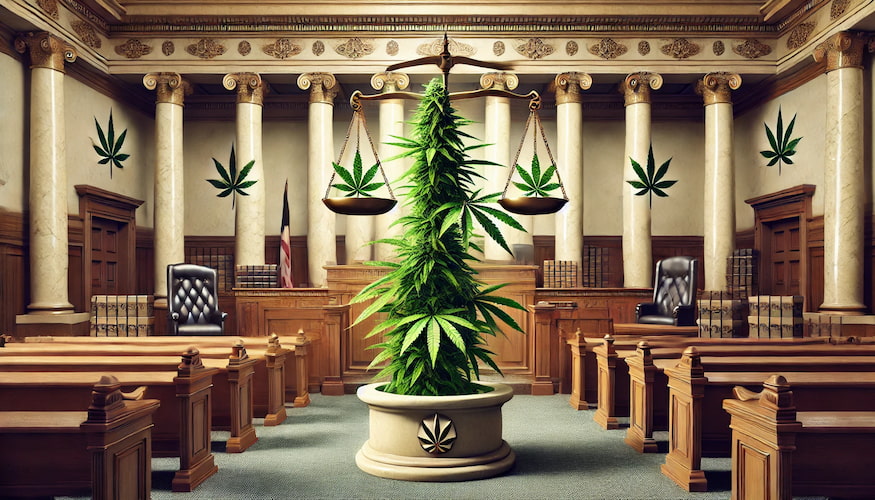
CBD/Low-THC Only States
Some states allow only the cultivation of CBD-rich or low-THC cannabis. For instance:
Texas
- Only low-THC cannabis (less than 0.5% THC) can be cultivated
- Cultivation is restricted to licensed dispensaries
Georgia
- Allows cultivation of low-THC oil (up to 5% THC)
- Only licensed growers can cultivate
Fully Prohibited States
A few states still prohibit all cannabis cultivation. For example:
Idaho
- All cannabis cultivation is illegal, including hemp
- Severe penalties for any cannabis-related activities
South Carolina
- Cannabis cultivation is illegal for any purpose
- Limited exceptions for FDA-approved CBD products
Key Factors in State Laws
When examining your state’s laws, pay attention to:
- Plant count limits
- THC content restrictions
- Licensing requirements
- Distinction between personal and commercial grows
- Caregiver provisions
Staying Updated on Changing Laws
State cannabis laws are constantly evolving. To stay current:
- Regularly check your state’s official cannabis regulatory website
- Subscribe to reputable cannabis law blogs or newsletters
- Consider consulting with a local cannabis attorney for major decisions
Conclusion: Knowledge is Your Best Protection
Understanding your state’s specific laws on cannabis clones is crucial for any grower. While this guide provides a general overview, always verify current laws with official sources or legal professionals.
At IWantClones.com, we’re committed to helping you grow responsibly and legally. Remember, compliance with state laws not only protects you legally but also contributes to the legitimacy and growth of the cannabis industry as a whole.
Stay informed, stay compliant, and happy growing!

